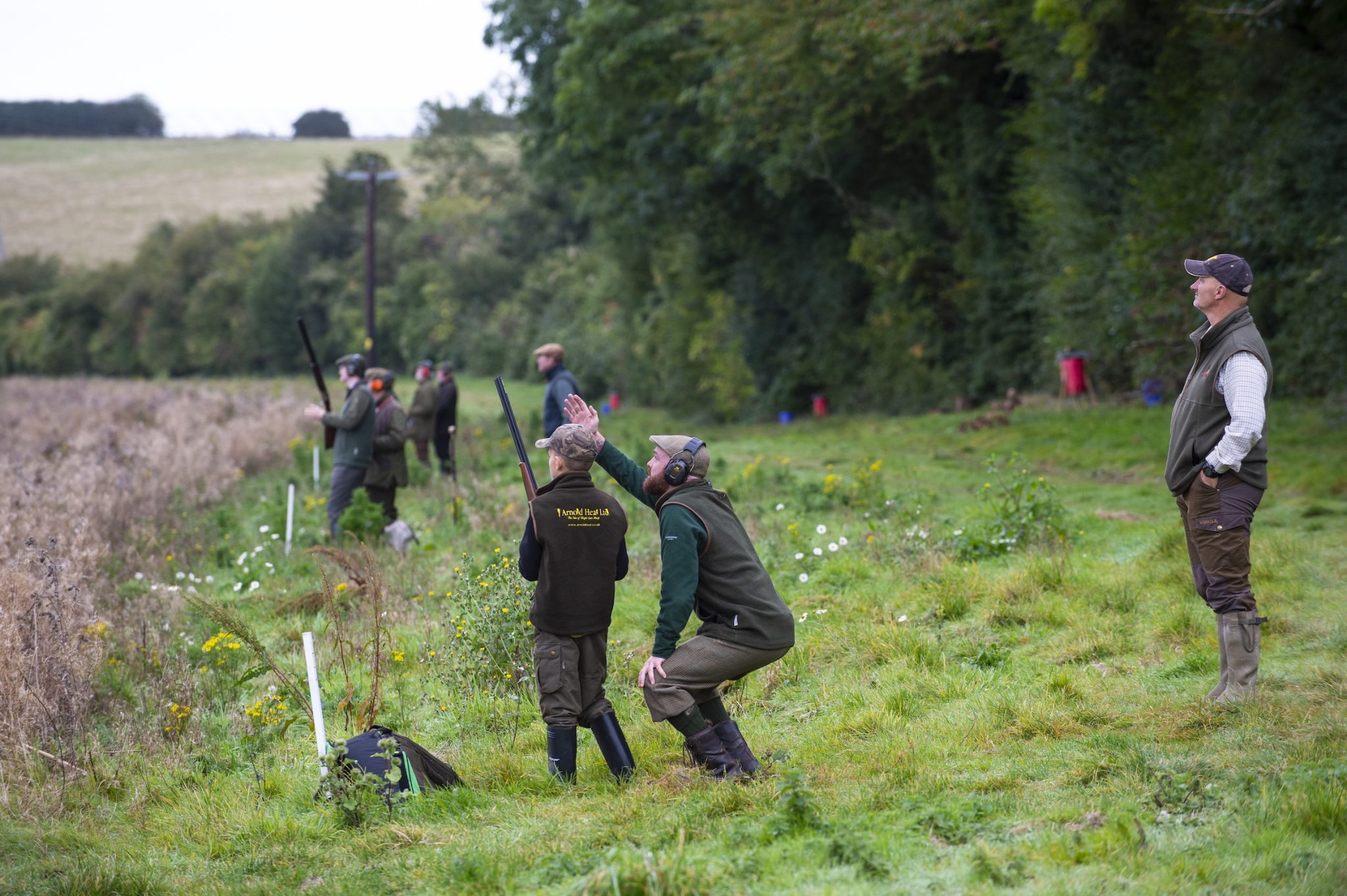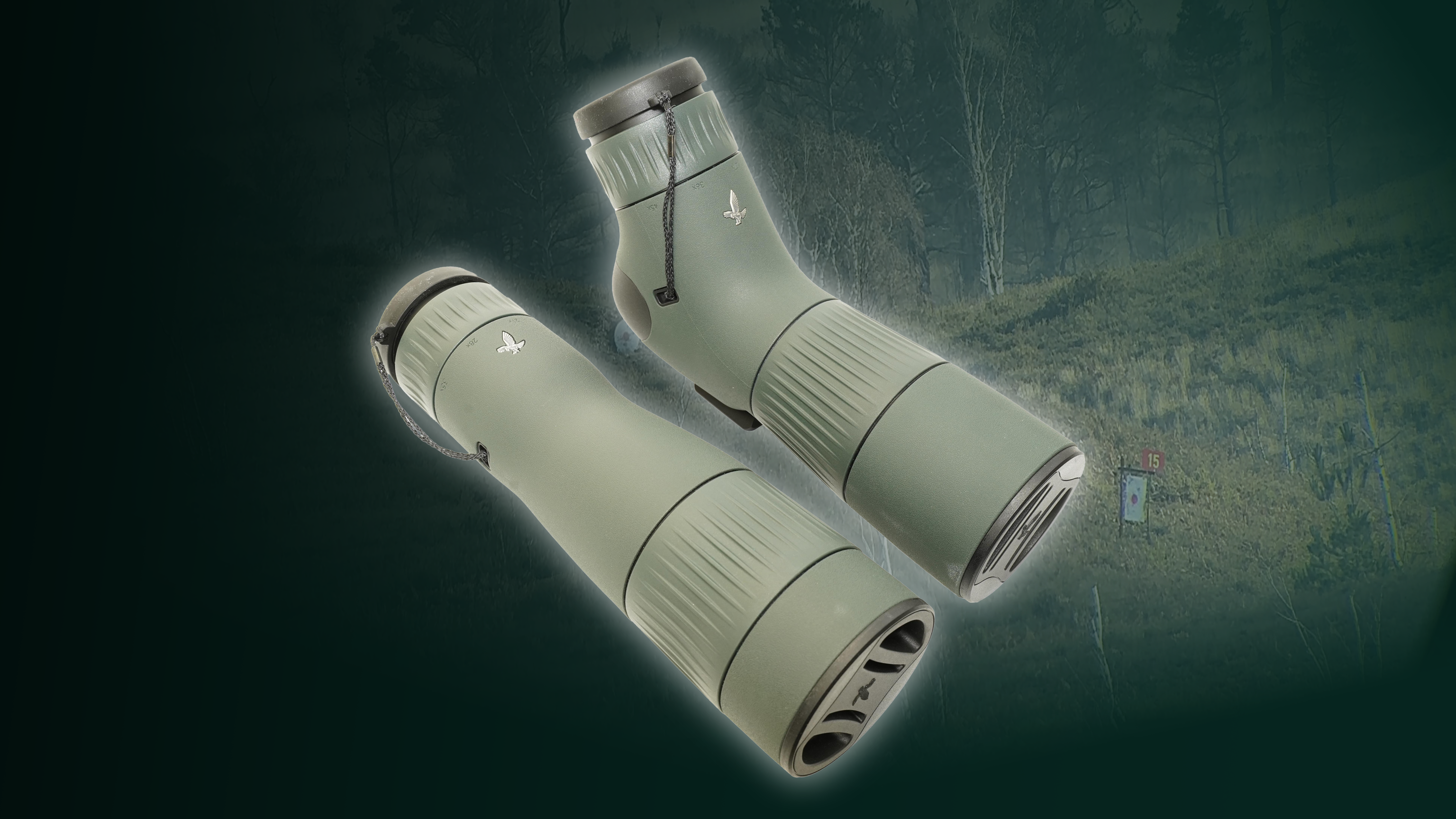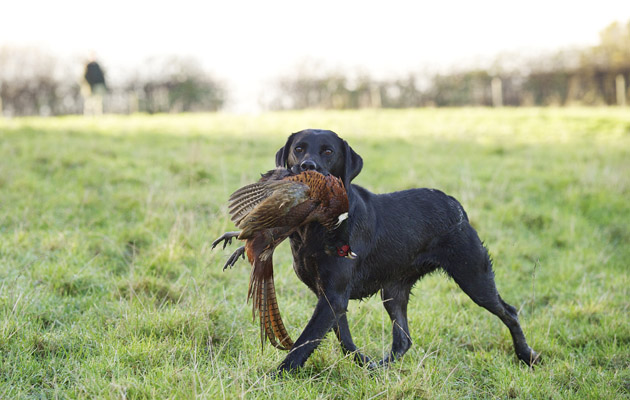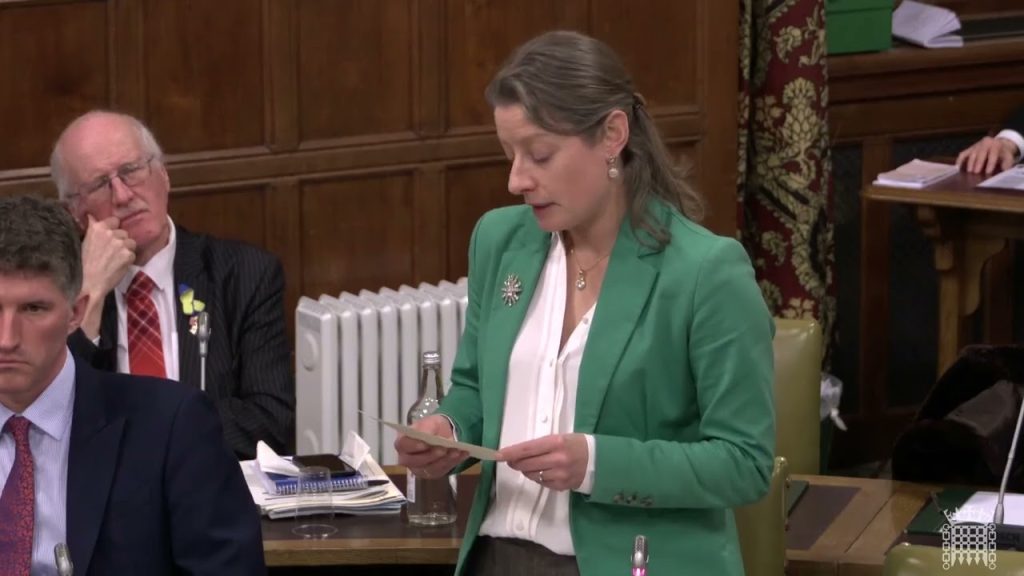Tipping on a shoot is a time-honoured part of a shoot day. Mind you, there are some Guns who think…
The countdown is on for The British Shooting Show – book tickets online today and save on gate price!
Are gamekeepers being tipped too much?
Gamekeepers: A thorny issue involving gamekeepers and their wallets.
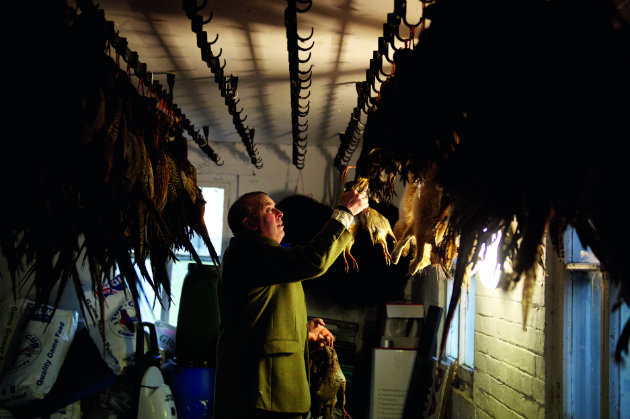
There are a number of views surrounding the contentious issue of tips
- Some think that tipping has spiralled to ludicrous levels – when they started shooting they would slip the gamekeeper a fiver and anyone who does otherwise is profligate.
- Others think that a note of some denomination per 100 birds in the bag is as good a guideline as any and they are going to stick to it.
- Then there are those who reckon that dropping £100 on a gamekeeper at the end of the day is the least you can do after an enjoyable day out.
- And there are some who believe that the very act of tipping is a Victorian anachronism that should, by now, have gone the same way as sending children up chimneys.
What are tips for?
A tip is a gesture of personal gratitude over and above the agreed fee for a service provided.
When Giles Catchpole wrote Birds, Boots & Barrels, his definitive guide to game shooting for the 21st century, he was quite specific on the subject of a tip. A tenner per 100 head in the bag, he said, and another tenner when you have had a particularly good drive or a spectacularly great bird. Or if you really, really want to be invited again. And you should never underestimate the influence that gamekeepers have in determining who is going to be invited again.
How much should you tip on a shoot?
One of the few grisly moments in shooting occurs in the car park after the last drive. Two or three…
That was the form around 2002. I venture that the benchmark today would be much the same but with £20 notes. Which is where, in some people’s minds, the numbers really begin to stack up. On a big commercial estate, where they shoot 300 to 400 birds perhaps four or even five days a week with eight guns, maths suggests that tips in the order of £30,000 a season are changing hands.
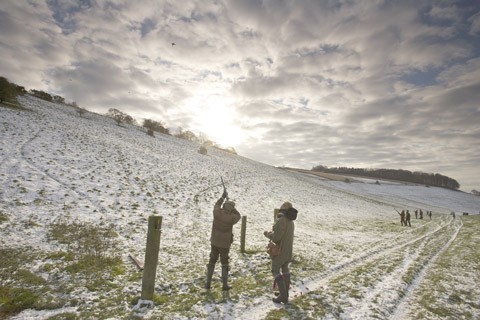
A common guideline for the gamekeeper’s tip now is £20 for every 100 birds in the bag
A large scale operation like this probably has more than one gamekeeper. If tips are divided between them, then it is still a significant sum but not perhaps as jaw-dropping as first imagined.
There are exceptions to the rule of thumb. Grouse keepers are a breed apart. They work hard and their season is shorter than their lowland brethren and tend to be rewarded accordingly. If grouse shooting is the pinnacle of game shooting then presumably grouse keepers are the pinnacle of gamekeepers. Thus, on a driven grouse day where anywhere between 100-200 brace may be brought to bag, the word may be whispered around that a tip of £100 is in order. In B,B & B, Giles suggested that £50 notes in all directions were the order of the day in driven grouse shooting, so two £50 notes in all directions a decade later should not be considered unreasonable.
Think about it this way – five per cent of the cost per gun per day.
Are gamekeepers paid properly?
Some say that if gamekeepers were paid properly then there would be no need for tips. It is a reasonable suggestion but since there are tips and probably always will be, and since gamekeepers and estate owners and managers all know this, things are not going to change any time soon. Gamekeepers work hard but they are not in indentured servitude. When a gamekeeper looks at a job he takes a holistic view. House, truck, salary, security, suit, shoot days, prospects, time off and tips.
Tipping too little and too much
Meanness is just rude and rudeness has no place in our sport. It is also a bit rude, in my view, to tell someone – anyone – what he or she should tip. If you invited them, you presumably think that they will behave properly.
In the final analysis a tip should meet the definition described earlier – it is a personal recognition of an exceptional service.
Related Articles
Get the latest news delivered direct to your door
Subscribe to Shooting Times & Country
Discover the ultimate companion for field sports enthusiasts with Shooting Times & Country Magazine, the UK’s leading weekly publication that has been at the forefront of shooting culture since 1882. Subscribers gain access to expert tips, comprehensive gear reviews, seasonal advice and a vibrant community of like-minded shooters.
Save on shop price when you subscribe with weekly issues featuring in-depth articles on gundog training, exclusive member offers and access to the digital back issue library. A Shooting Times & Country subscription is more than a magazine, don’t just read about the countryside; immerse yourself in its most authoritative and engaging publication.



